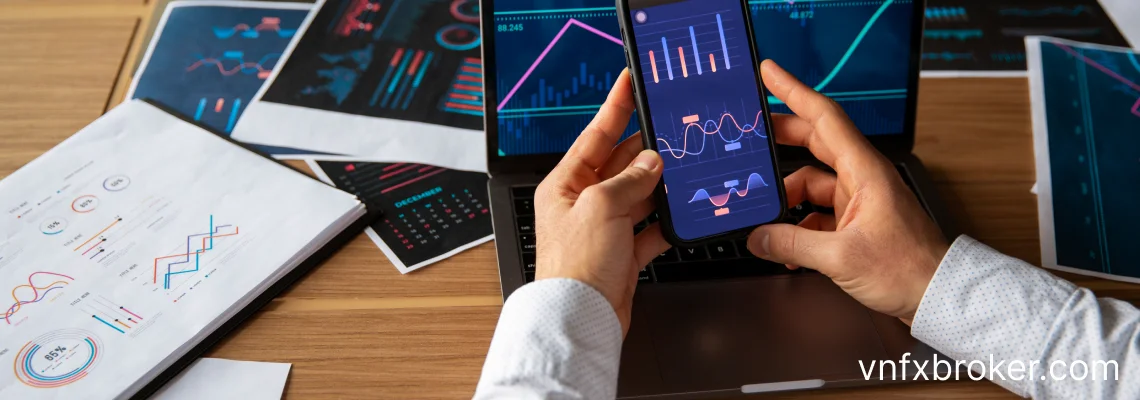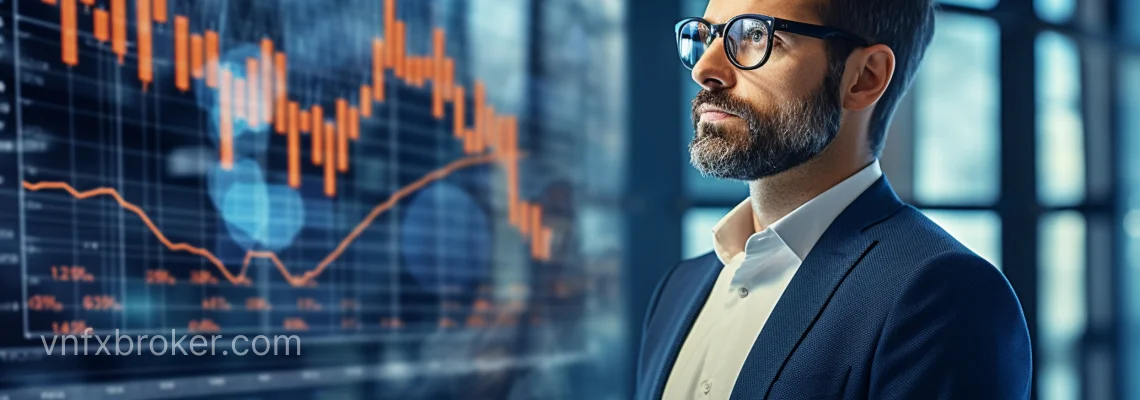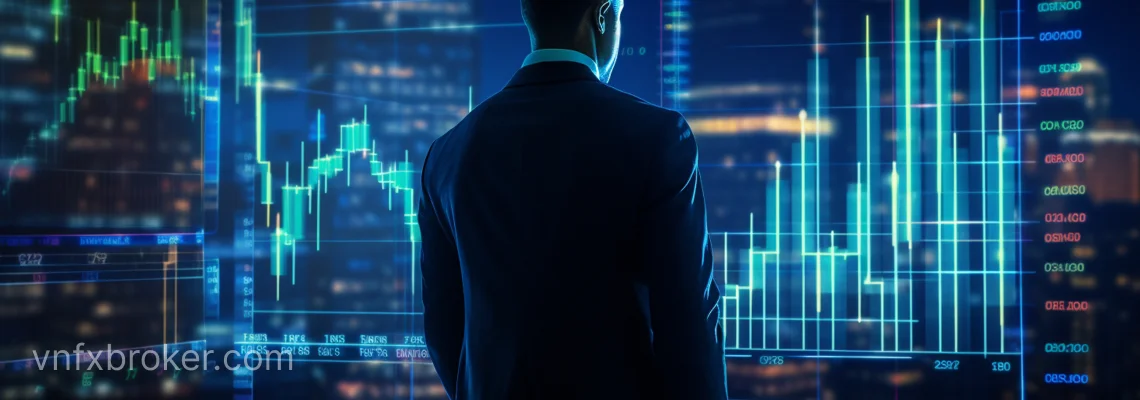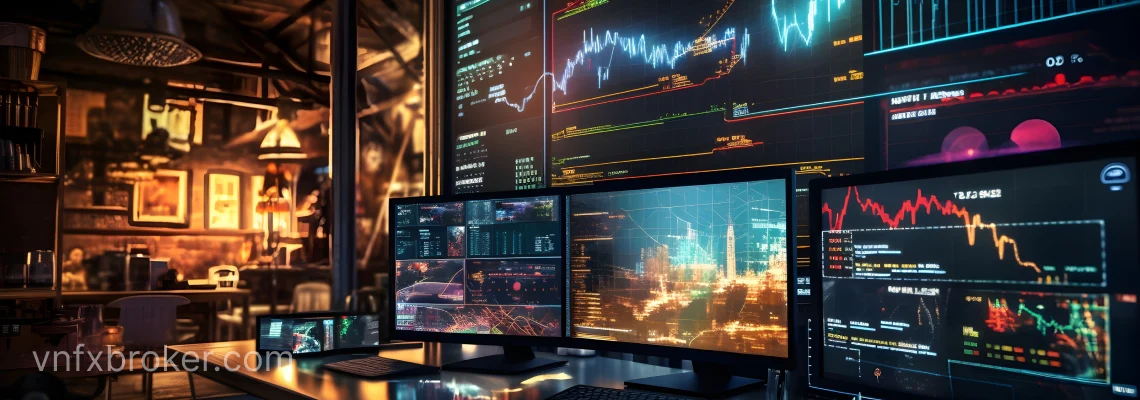Find Your Perfect Forex Broker: In-Depth Reviews
Forex offers enormous opportunities for traders with different experience and budget levels. However, this market has its pitfalls and can be very confusing. That’s why traders usually use brokers’ help to improve FX management. But how to choose a broker? How to check whether they are reliable enough or not? Here’s where our website comes in handy.
Our platform is dedicated to providing wide and unbiased forex brokers reviews. Here, you can analyze and evaluate brokers based on various criteria, such as regulation, trading platforms, commissions, customer service, and more.


What Is Forex, and Why Do You Need Our Website
Information about a broker’s reliability can be confusing, especially when a broker writes it about itself. We know that comparison is one of the best methods of choosing something and our website is totally about that. Here is how you can choose the best broker in Forex.
- Expert Examination: We gather reliable experts in the field, such as experienced traders and financial analysts. They research and review each broker in detail, then transmit this information, which our team collects and shares with you in a convenient format.
- Total Scope: We don’t focus only on well-known companies but try to cover the entire market to give you many options to choose from. Here, you can find information about huge players and small start-ups.
- Regular Updates: We often add and change information to give you the most accurate reviews. So you will read not just articles but articles with the latest broker’s updates.
- Educational Resources: We also offer valuable educational resources. Our materials will help you understand the basics of Forex trading, strategies development, and receive up-to-date market trends.
Forex Basics: Getting to Know Trading
The main goal of trading on the FX market is to simplify international trade and investment by enabling currency conversion. The market is decentralized; currencies here are traded over-the-counter (OTC) between banks, financial organizations, corporations, and particular traders.
Currencies are quoted in pairs. For example, EUR/USD (Euro/US Dollar) or GBP/JPY (British Pound/Japanese Yen). The base currency is the first currency in the pair, and the quote currency is the second. The exchange rate indicates how much of the quoted currency is needed to buy one unit of the base currency.
What is Forex: An Introduction to the Foreign Exchange Market.
The beginning of the FX market is deep in history, but before, it was in different forms. So, the system of exchanging something for something has been invented even before the common era. While buying and selling were growing, people created the gold standard. It was relevant for many years until the First World War started. Then, the economic system saw changes, such as the Bretton Woods system and the Smithsonian Agreement, etc.
The Euro currency was established only in 1992 due to the Maastricht Treaty agreement. Since then, everything has changed, and now we have the largest and most liquid financial market worldwide.


How does Forex trading work?: Basic mechanisms and processes.
Superficially, we can divide the whole process into four simple parts: choosing, opening, monitoring, and closing. This means that you need to select what you want to open the position with (currency pair, precious metal, etc.), open the position (buy or sell), monitor your position, and close it when you think it’s ready to be closed.
So what exactly makes the FX market special? First of all it has a high liquidity level so that you can exit quickly with minimal slippage. Also, you can enhance your capital by using leverage from your broker and trade for 24-Hour 5 days a week.
Benefits and Risks: What a novice trader needs to know.
Benefits
- High Liquidity: The FX market has a high liquidity level. You can easily enter and exit with tiny price slippage, which is crucial for executing large orders efficiently and helping maintain tighter spreads.
- 24-Hour Trading: Here, you can trade 24 hours a day, five days a week. This is why traders can react to market changes very quickly.
- Leverage: Enhancing position using leverage with a small amount of your own capital.
- Low Transaction Costs: Typically, transaction costs are very low because most forex brokers charge little to no commissions. Another price they can charge is spread, but this cost is usually pretty narrow in a market with high liquidity.
- Various Trading Options: Brokers offer access to a wide range of trading instruments. Therefore, traders can try many different strategies and find their perfect trading style.
Possible Risks
- High Volatility: The FX market can be highly volatile, so prices can change rapidly. Many factors influence it; for example, if a hurricane happens somewhere, it will definitely affect it.
- Leverage: Yes. You’ve already seen leverage in the benefits list. However, the bigger your position is, the bigger the risks it has.
- Market Complexity: The market is complex, so you should count many factors, such as economic indicators, central bank policies, political events, and market sentiment.


Who are Forex Brokers?: The role of brokers in Forex trading.
Simply put, without a broker, you don’t have access to the Forex Market, and you miss many opportunities because they provide all services for you.
- Market Entry: Forex trading brokers connect traders to the Forex market.
- Trading Platforms: With a broker, you can use trading platforms, such as the most popular MT4 and MT5, with numerous modern tools and features.
- Leverage and Margin: With a broker, you can operate bigger orders despite having a smaller capital.
- Customer Support: Brokers have customer support to answer your questions and solve problems such as bank account issues, troubles with MT4/MT5 platforms, and others.
- Educational Resources: With a good broker, you can not only trade but also learn. They will provide webinars, master classes, events, and numerous text materials and lessons. Reliable broker interested in your development and success.


FAQ
First, you should familiarize yourself with FX trading basics and learn the glossary. Forex has educational materials on its official website. Then, compare and choose a reliable broker. Additionally, it could be useful to check whether they have a locality in your region. For example, you can search “Vietnam forex brokers” to see who covers your home language for customer support or in the mobile app. The next step is registration and activation of a demo account. With it, you can practice and understand a terminal for free. Finally, you’re all set and can start real trading. Congratulations.
Generally, it is simple when you have a lot of information to compare one broker with another. So, before starting to work with the broker, you should check regulations to ensure the broker is regulated by a recognized financial authority. Read reviews from other traders. Note the price of commissions, spreads, and other fees across different forex brokers. Then, you also should find out whether they have reliable customer support, suitable account types, and deposit/withdrawal options.
Many factors highly influence the market. The news can enormously increase volatility, and we don’t recommend trading during it or after it is published. So, which factors can influence it? Elections, government policies, and geopolitical developments. Natural disasters can change economic activity. The GDP, inflation, unemployment, and retail sales data. Central banks’ interest rate decisions can directly influence currency values.










